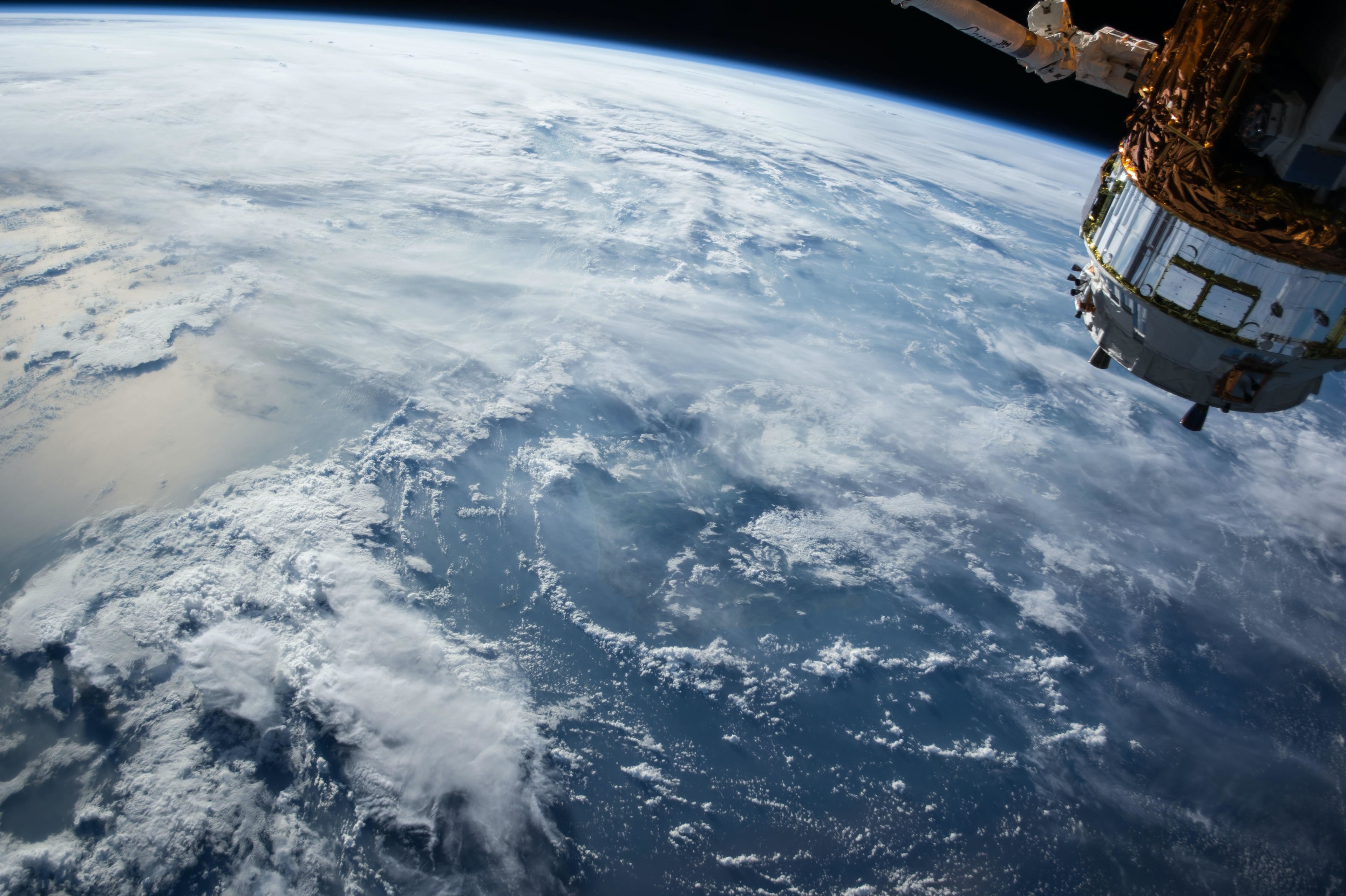
How to shape a sustainable future in space through responsible action
Forging a sustainable space environment is multifaceted including proactive and voluntary action, knowledge and sustainable best practices with AI support.
Forging a sustainable space environment is multifaceted including proactive and voluntary action, knowledge and sustainable best practices with AI support.
The space sector is being majorly transformed and we must ensure activities are conducted in a way that safeguards the interests of future generations.
Orbital debris is growing, and with it, so is the risk of a catastrophic collision. Experts from the space industry have a plan to tackle the problem.
The Space Sustainability Rating has been developed to ensure that space exploration missions launched worldwide are managed safely and sustainably.
A European Space Agency plan to harvest energy from the sun and beam it back down to Earth could generate energy equal to that of a nuclear power plant.
Experts explore what the world might look like in 2025, and suggest how policymakers, decision-makers and the public can achieve these ‘positive futures’.
Tim Ellis is a US aerospace engineer who believes living on Mars can help tackle climate change. His company, Relativity Space, is 3D-printing rockets to achieve this aim.
As space-based services become more interlinked with terrestrial technology and geopolitical conflicts draw them in, the risk of cyber-attacks increases.
Becoming a multiplanetary species could bring scientific and technological advances, secure the future of humanity and help humans reach full potential.
Space junk is rapidly proliferating, which imperils space exploration. Here's how we can clean up existing debris and prevent future generation of it.
The Artemis Accords present an opportunity to establish comprehensive agreements on sustainable space exploration.
Podcast: An interview on the future of space exploration with Ellen Stofan, Honorary Professor at the Hazard Research Centre at University College London.
More than half-a-million pieces of space junk orbit the Earth, and the threat this debris poses to critical satellite infrastructure and future missions is growing.
The sectors that power the global economy are taking their commerce to a whole new marketplace. Somewhere with infinite growth opportunities.
Less than a quarter of American scientists and engineers are women. Nothing to do with ability and everything to do with overcoming barriers, says former NASA chief scientist.














